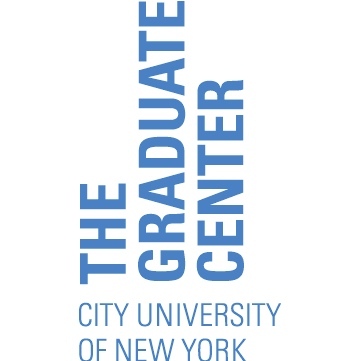Research
My research focuses on ancient theories of intentionality, specifically on those of Plato and Aristotle: that is, on conceptions of the way in which the external world causally interacts with our cognitive mechanisms to determine the contents of our perceptions, thoughts, beliefs, and desires. Interestingly, ancient philosophers of the classical period do not feel a need to defend the claim that we are in direct contact with the sensible world; because of this, they face difficulties in accommodating the possibility of error. The problems arise, as Aristotle diagnoses them in De Anima III.3, because he and his predecessors (he mentions Empedocles and Homer) take it that our experience of the world depends on likenesses between our souls and the external objects that affect us. Clearly, the external object must exist if it is to affect us. Moreover, according to philosophical views from that period, the object makes itself known to us either by appealing to the part of our soul that is already like it (as in Plato), or (as in Aristotle) by actually causing our soul to become like it. In either case, though, it seems at least that the contents of our psychological states will always resemble the objects that trigger them. Accordingly, the question of error is the primary one, not that concerning truth and accuracy.
Plato, on the one hand, seems to think of all grasping of the sensible world as a type of acquaintance, so he tries to explain inaccuracy in terms of performance error. His view on intentionality, especially in its relation to the nature of justification, has interesting analogues in contemporary theories of know-how, which is a connection I intend on exploring. Aristotle, by contrast, introduces phantasia (imagination), a psychological capacity which is meant to introduce daylight between our souls and the world that our souls represent to us. But while it plays a crucial role in his psychology, Aristotle’s remarks about phantasia are disjoint and often seem to point in different directions. It is, for instance, unclear how phantasia connects to the perceptual faculty, for in some places he explicitly denies that they are the same, but in other places he relates them quite intimately, almost to the point of identifying them.
In addition to phantasia, I am also drawn to questions about the coherence of Aristotle’s empiricism. My thesis discusses the common-sense, which is the capacity in Aristotle that allows us to perceive objects cross-modally. That project addresses descriptive questions about the mechanism that makes sophisticated acts of perception possible. There are of course other questions Aristotle’s empiricism must face: normative ones about whether and how perceptions can give rise to knowledge of a systematic, scientific type. To that end, Aristotle closes Posterior Analytics (and opens Metaphysics) with a hasty discussion of induction over instances (epagôgê). For the purposes of successful induction, it will be important, as Aristotle explicitly observes, that the intentional content of our perceptual states somehow gives us at least limited access to universals (i.e. not only to particulars). This claim stands in apparent tension with his repeated insistence that perception, unlike knowledge, is of particulars. Rectifying these statements is necessary if we are to give a satisfying and full account of his empiricism.
I can be reached at rosemary DOT twomey AT gmail DOT com.


